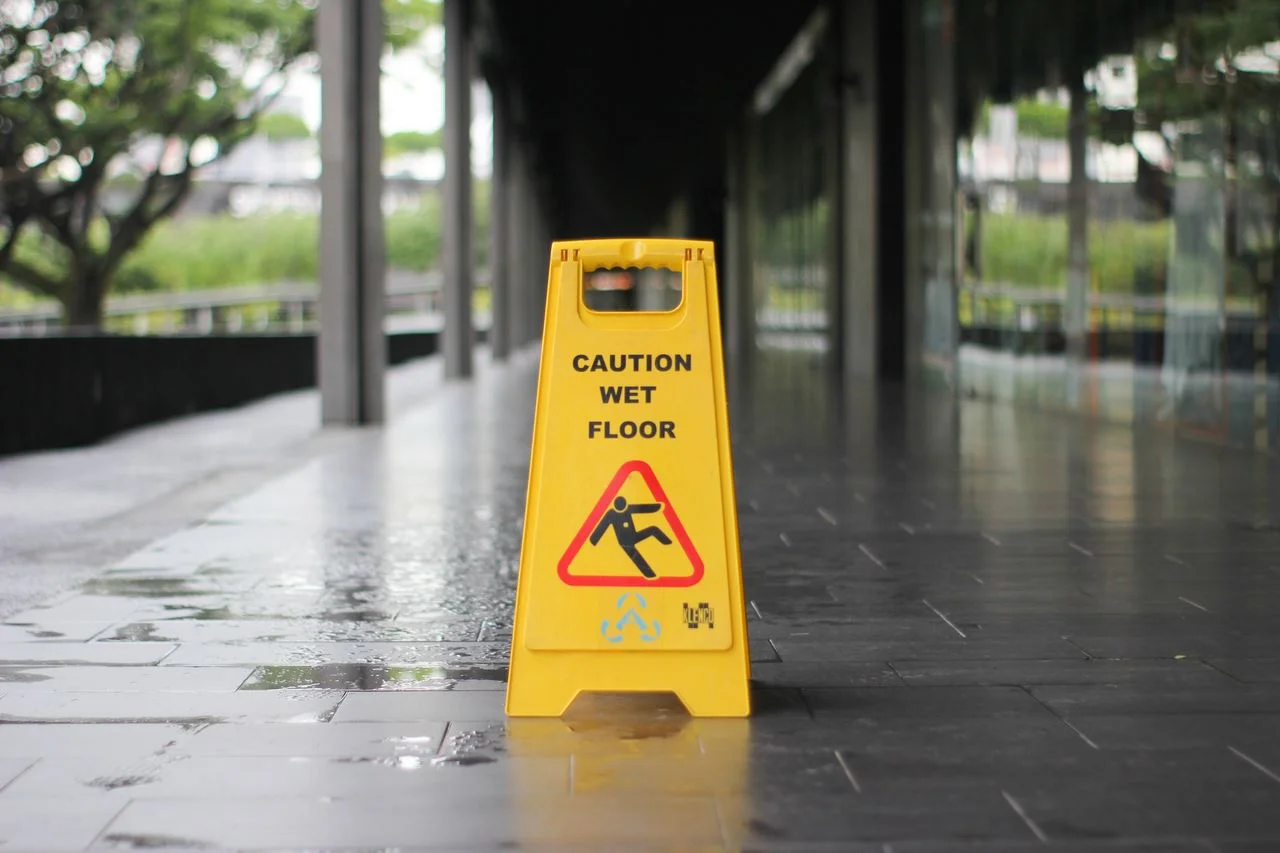Essential Insights into South Carolina Slip and Fall Laws

When it comes to slip and fall incidents, understanding the legal landscape is crucial for those seeking recourse in South Carolina. In this comprehensive guide, we’ll delve into the key facets of South Carolina slip and fall laws, offering practical insights and essential information for those navigating the aftermath of such accidents.
Premises Liability in South Carolina
South Carolina operates under premises liability laws, which hold property owners responsible for maintaining a safe environment. This includes addressing potential hazards that could lead to slip and fall accidents.
Duty of Care
Property owners owe a duty of care to those who enter their premises. This duty involves taking reasonable measures to prevent accidents and ensuring the property is reasonably safe for visitors.
Proving Negligence
To establish liability in a slip and fall case, the injured party must prove that the property owner was negligent. This involves demonstrating that the owner knew or should have known about the hazardous condition and failed to address it.
Types of Slip and Fall Cases
South Carolina recognizes various types of slip and fall cases, including those caused by wet floors, uneven surfaces, inadequate lighting, or poorly maintained premises. Understanding the specific circumstances of your case is vital.
Comparative Negligence
South Carolina follows a modified comparative negligence system. If the injured party is found partially at fault for the accident, their compensation may be reduced proportionally. However, if their fault exceeds 50%, they may be barred from recovering damages.
Statute of Limitations
The statute of limitations for slip and fall cases in South Carolina is generally three years from the date of the incident. Failing to file a claim within this timeframe may result in the forfeiture of the right to seek compensation.
Government Property
If the slip and fall incident occurred on government property, different rules may apply. Claims against government entities often involve shorter notice periods and specific procedures that must be followed.
Preservation of Evidence
Documenting the scene of the accident, preserving any relevant evidence, and seeking prompt medical attention are crucial steps following a slip and fall. These actions strengthen your case and provide tangible proof of the conditions at the time of the incident.
Insurance Considerations
Property owners often have liability insurance to cover slip and fall claims. Communicating with the property owner’s insurance company and understanding your rights can be pivotal in the claims process.
Consulting with a Personal Injury Attorney
Given the complexities of slip and fall cases, seeking legal advice is highly recommended. A personal injury attorney experienced in South Carolina law can assess the merits of your case, guide you through the legal process, and ensure your rights are protected.
Conclusion
Arming yourself with knowledge about South Carolina slip and fall laws is essential when pursuing compensation for injuries. Understanding the duty of care, proving negligence, and navigating the legal intricacies can significantly impact the outcome of your case. By staying informed and seeking professional guidance, you can navigate the legal terrain with confidence and increase the likelihood of a fair resolution.
